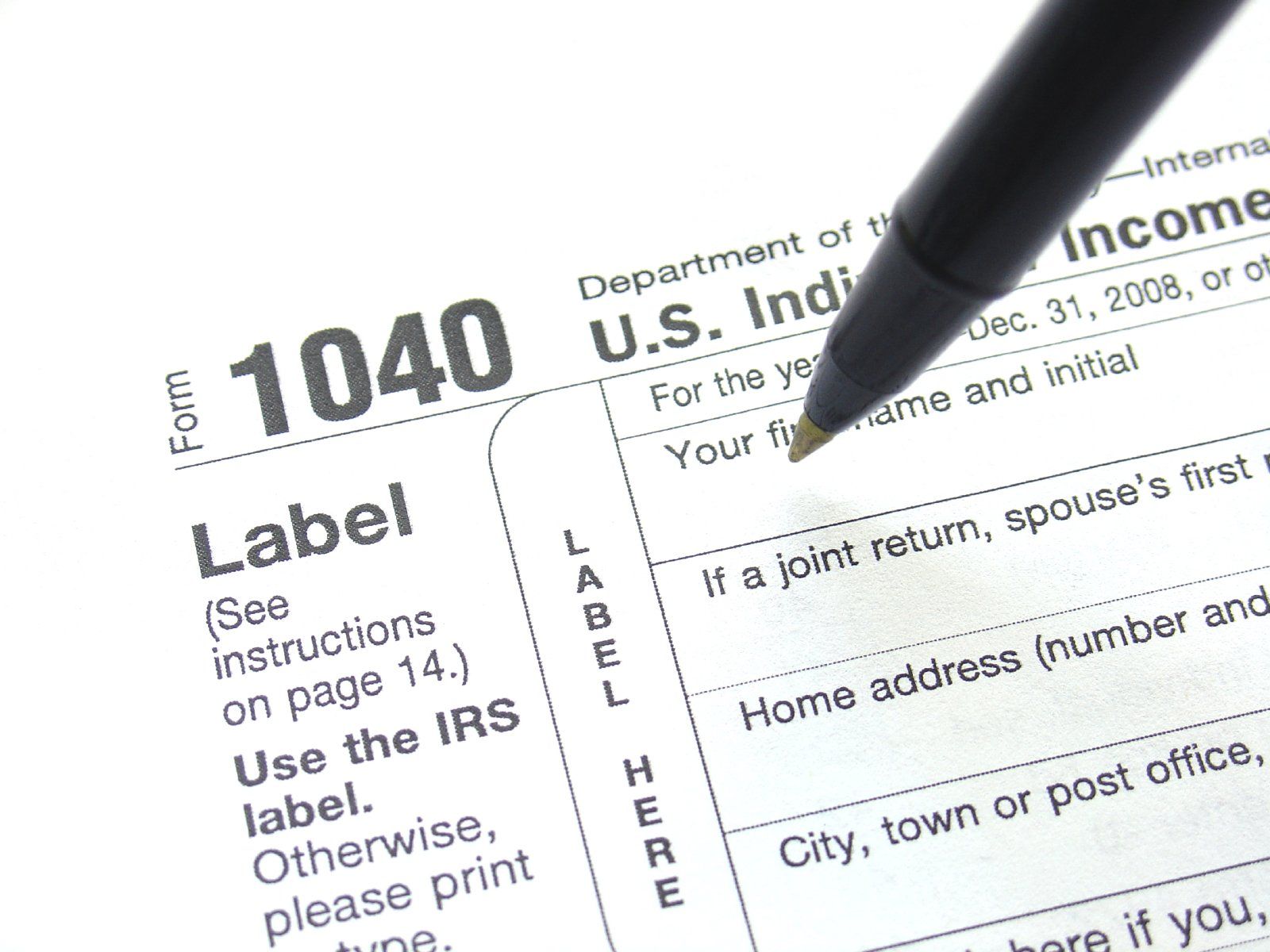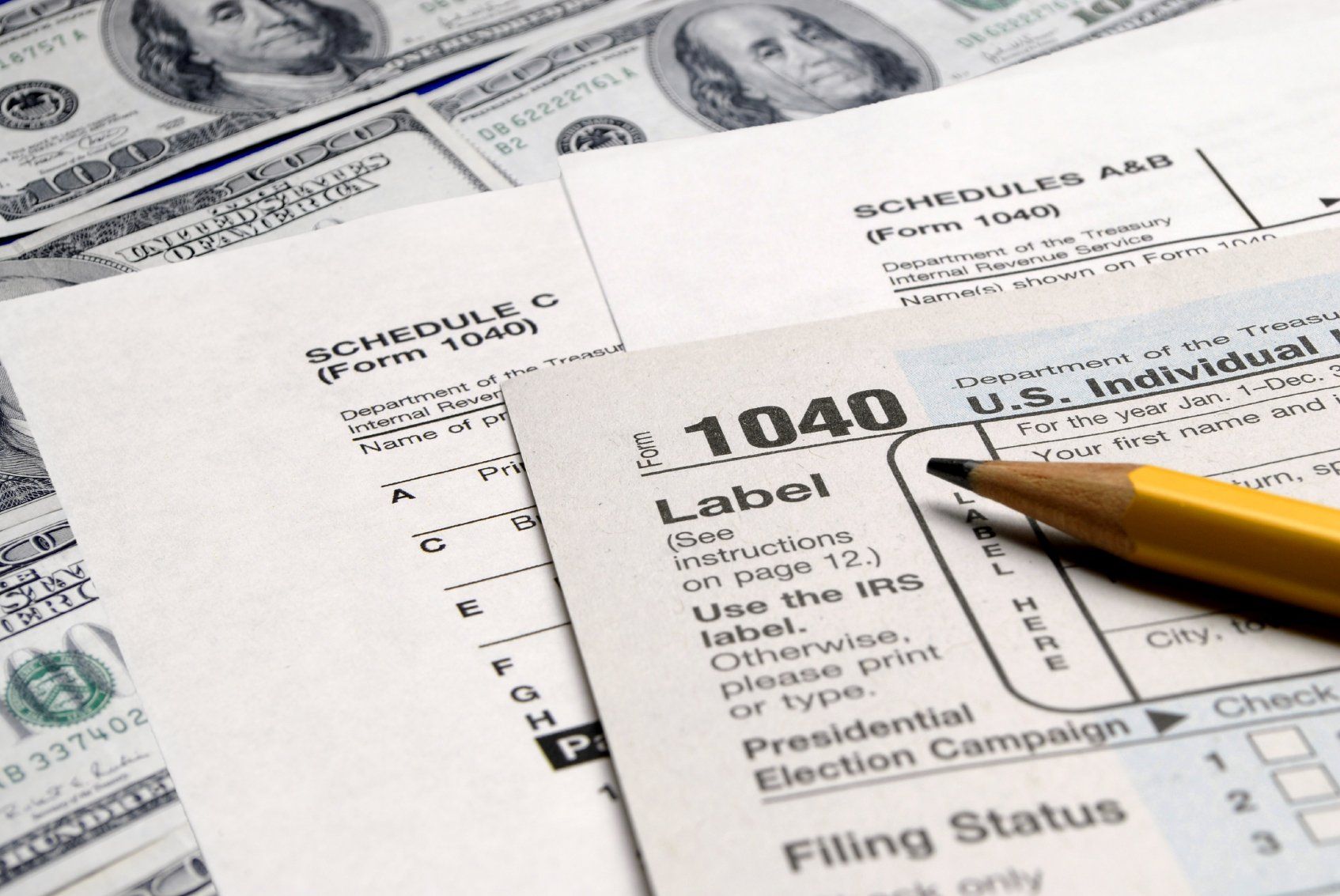Maximize Your Small Business Tax Write-Offs

A Smart Guide for 2025 & Beyond
By Affinity Accounting & Tax
Running a small business is rewarding—but let’s be honest: tax season can be stressful. The good news? With smart planning and the right knowledge, you can turn write-offs (aka tax deductions) into real savings. At Affinity Accounting & Tax, we’re committed to making the 2026 tax season your most stress-free one yet. Here’s our guide to the most valuable small‐business write-offs, what you need to prove, and how to use them to your advantage.
Understand What a “Write-Off” Really Means
In tax speak, a write-off is simply an expense that reduces your taxable income. You must show that the expense was ordinary (common in your trade) and necessary (helpful for your business) in order to deduct it.
Bottom line: If you purchase something just because you want it, and it’s hardly related to your business, you’re taking a risk.
The Most Common – & Most Valuable – Write-Offs for Small Businesses
Here are some of the key write-offs most small business owners should keep in mind:
Home office deduction : If you use part of your home only for business on a regular basis, you may deduct a share of your rent/mortgage, utilities, insurance, and more. You can use the simplified method ($5 per sq. ft. up to 300 sq. ft.) or actual expense method.
Office supplies, software, and equipment: Pens and folders count. So do laptops, industry-specific software, subscriptions and more. For certain larger purchases, you may depreciate or use special rules (e.g., Section 179).
Advertising and marketing: Website design, social media ads, business cards, branding—these are generally fully deductible expenses.
Vehicle expenses: If you use your vehicle for business, you can choose between two methods:
Standard mileage rate method – Track your business miles and multiply by the IRS standard rate (set annually). This method is simple and often advantageous for those with lower vehicle costs.
Actual expense method – Deduct the business percentage of actual costs such as gas, insurance, maintenance, and depreciation. This can yield a larger deduction if your vehicle expenses are high.
The right choice depends on which method provides a greater deduction and is easier for you to maintain throughout the year. We can help you evaluate this during your tax planning session. Regardless of the method you use, the IRS still requires a mileage log be kept for all business travel.
Business travel and meals: Travel expenses are deductible when they are directly related to your business — such as airfare, lodging, and transportation while away from your tax home on business. Meals incurred during business travel or meetings with clients are 50% deductible, as long as the business purpose is clearly documented (who, what, and why).
Company social event exception: There’s one important — and often overlooked — exception: meals and entertainment expenses for recreational or social events primarily for employees, such as holiday parties or team-building activities, are 100% deductible. These are excellent ways to boost team morale while taking advantage of a full deduction.
Insurance, utilities and rent: Your business’s rent, utilities and insurance premiums are deductible when they relate directly to operations.
Start-up and organizational costs: If you launched a business recently, you may deduct up to a certain amount of the expenses incurred before you began operations.
Pro Tips to Make These Write-Offs Work for You
Keep excellent records: Receipts, invoices, mileage logs, purpose of expense—these matter. The stronger your documentation, the safer your position.
Use a separate business account: Mixing business and personal finances creates confusion and increases audit risk.
Choose the right method for things like home office or vehicles: For example, the simplified method for a home office may be easier, but actual expenses might yield a larger deduction—depending on your situation.
Review frequently (not just once a year): The sooner you organize and track your expenses, the better position you’re in—especially with complex items like depreciation or big equipment purchases.
Your Next Steps
- Implement bookkeeping software and hire an accounting firm.
- Schedule a planning session to cover your tax strategy for the year ahead.
- Make sure your vehicle/business travel and home office usage are logged and documented accurately.
Conclusion
Write-offs are powerful tools—but only when used correctly. With the right guidance and preparation, they can significantly reduce your tax liability while keeping you compliant and audit-ready. At Affinity Accounting & Tax, we’re here to help you leverage every eligible deduction in the smartest, most strategic way.
Ready to get started? Book your consultation today!







